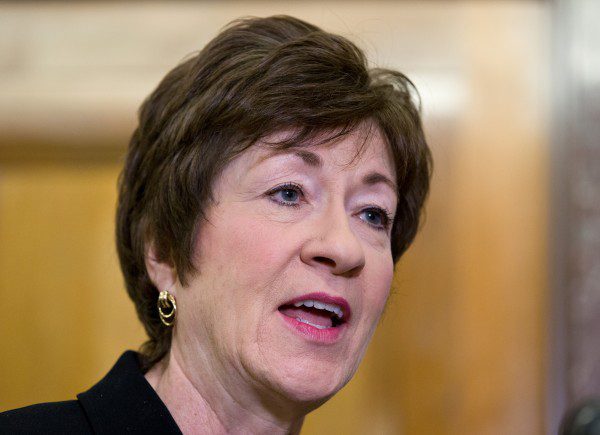Smaller railroads often lack the resources for training local emergency responders how to handle hazardous materials, as noted in the first installment of our ongoing investigation into Maine’s preparedness for a rail disaster involving explosive commodities like crude oil.
Two top Senate officials — Sens. Susan Collins, R-Maine, and Patty Murray, D-Wash. — are leading an effort to get them more federal funding, according to a press release issued today.
Making up a third of the national railroad network, the smaller railroads known as short line railroads operate more than 50,000 miles of track. Maine is one of four continental states with no larger Class 1 railroads, which often have vast resources for training first responders like firefighters how to handle hazardous materials like crude oil and ethanol.
In a letter sent today, the senators urged U.S. Transportation Secretary Anthony Foxx to support the creation of a Short Line Railroad Safety Institute.
“There is no silver bullet to improving rail safety,” the two wrote in the letter. “The proposed Short Line Railroad Safety Institute could be an important part of the larger solution and would help improve the safe transportation of crude oil and other hazardous materials.”
The pilot project would begin next January, with initial research and development funds from the Federal Rail Administration.
As Curtis Tate of the McClatchy Washington Bureau reported today, “two of the most high-profile derailments involving crude oil in the past year took place on short line railroads,” including the crude-oil train disaster last July that left 47 people in a Quebec village dead.
A spokesman for the American Short Line and Regional Railroad Association told Tate that “around 80 of the 550 companies it represents are hauling crude.”
The first stage of the program would “help smaller railroads haul crude oil in the safest manner possible” before moving onto a later phase of helping “train first responders in communities the railroads serve,” reported Tate.



